Food is one of the most binding things a community has. We share our culture (“good, Southern grits and greens,” or “a traditional Philly cheesesteak” for instance) and our history (“now, this recipe here is your great-grandmother’s stew”). Coming together to grow, harvest, prepare, and enjoy food has always been and will always be extremely personal in familial practices in societies.
We all have that set of recipe cards, that battered old cookbook, or even just memorized recipes that we turn to regularly for food prep. But as our world grows to be more globalized, tastes and interests are branching out to other nations and countries for inspiration. Availability of ingredients means that many of us can start cooking beyond the myriad pasta dishes we grew up with from our big, Italian family.
So where do we get recipes? The Internet. Not only do premier sites like Allrecipes, Food Network, Yummly, Epicurious, and Betty Crocker provide endless variants of multitudes of recipes, but they also have pictures, reviews from other cooks, and search bars. Sites like Pinterest allow us to design our lives before we live them: pinning out our outfits, our projects, and our meals and snacks. The convenience and the worldwide access of the Internet is a real threat to actual, tactile books.
However, Caroline Myrberg and Ninna Wiberg at insights.uskg.org have provided research for readers engaged with the Internet versus books. While fascinating to read, one line shows the heart and nature of humanity in regard to text:
“… why did all the participants still prefer to read on paper? The authors suggest that it is more about people’s attitude towards the digital media than the actual reading experience: ‘The present findings thereby suggest that the scepticism towards digital reading media … may reflect a general cultural attitude towards reading in this manner rather than measurable cognitive effort during reading.’”
People, young and old, will always want to hold a book and read printed text. There’s just something really special about real books that we can’t get over.
The Amazon Bestseller lists proves that there’s nothing lacking in the cookbook arena. There’s a book for every need, and then some. Here a few popular food-based books:
1. The Whole 30 by Melissa Hartwig
This book has actual weekly meal plans to help you get on track with weight loss. In a busy community, with crazy lifestyles, food comes last for many people. Food knowledge (how many calories are in a baked potato?) takes levels of study that most of us don’t have time or energy to engage in. Books like this will healthily fulfill those stomach needs, as well as those of the heart: to hold and own a book.
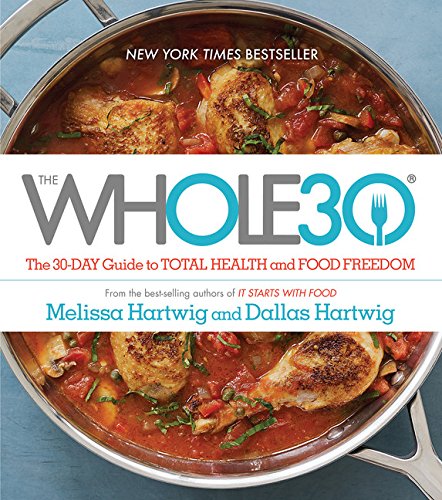
Source: Amazon
2. Thug Kitchen by Thug Kitchen
Similarly, the self-titled Thug Kitchen wants to help you eat better–this book just comes with some kick. If you don’t need the comfort of routine and organization, and desire free-spirit and all-embracing sass, go for this hip little cookbook.
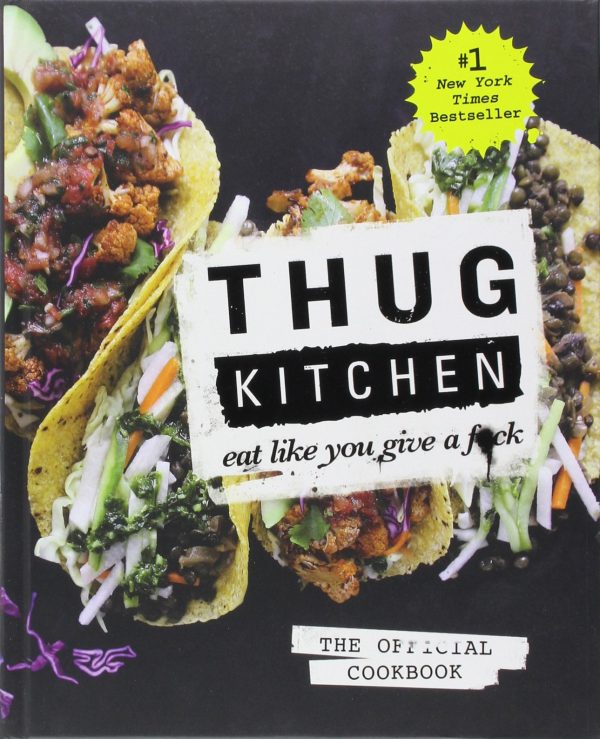
Source: Amazon
3. The Pioneer Woman by Ree Drummond
Taking on a more homestyle approach, this book by Ree Drummond is more about embracing a simple lifestyle and includes down-home recipes with listings such as fried chicken and berry cobbler. Beautifully photographed by the chef herself, this book is luscious in every sense. Ree Drummond’s story is hilariously and intimately told throughout her collection of mouth-watering meals and treats. A book you can actually cozy up with whilst menu-planning, these are recipes that could only exist in bound book-form.
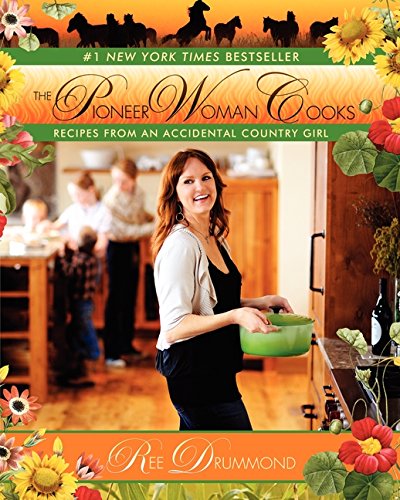
Source: Amazon
4. Eat Smart by Niomi Smart
So we’ve got healthy, punk, homey–all awesome recipes, all true stories from people who want to share their passion and discovery. Fourth in line, standing confidently with the others in every sense, is the chic Eat Smart by Niomi Smart. Vegan and healthy, Miss Smart somehow manages to make pure, whole food really and truly gorgeous and delicious. You eat with your eyes first, after all. Her approach to food is absolutely charming–she relishes every recipe. Nothing is done just for function. Each aspect of her recipes–every ingredient–fuels the body and the soul.
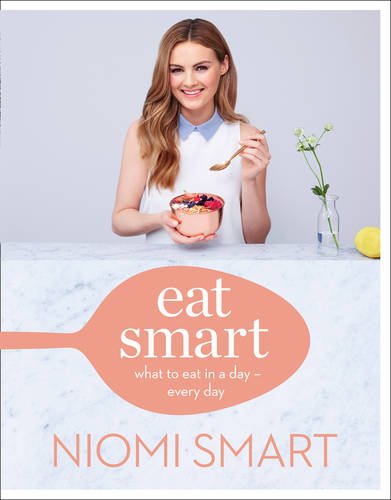
Source: Amazon
5. The Food Lab by J. Kenji Lopez-Alt
Sophisticated, The Food Lab by J. Kenji López-Alt won the 2016 James Beard Award. If you trust anything, trust this book to help you develop your culinary skills beyond simple prep and assembly. What website, I ask, could or would share these secrets?
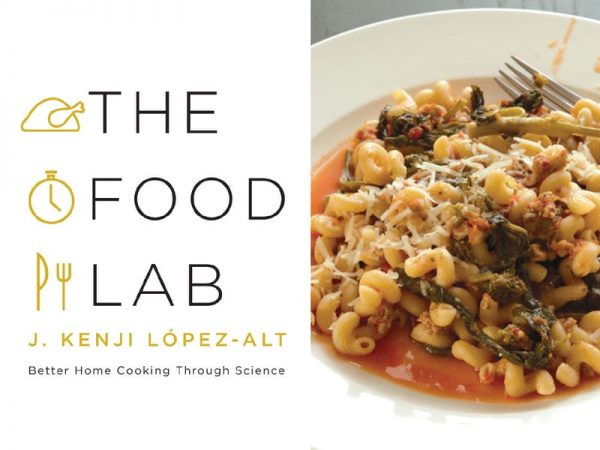
Source: Amazon
6. Easy Thai Cooking: 75 Family-style Dishes You Can Prepare in Minutes by Robert Danhi
One thing about Internet cooking that we all love is the huge amount of options. But Robert Danhi’s book, and books similar to it, give us that selection without the nightmare of trying to side-by-side compare recipes on a screen. At the mercy of your Internet speed, clicking back and forth and around and over to compare ingredients, prep time, and taste is undeniably simplified with an actual, printed book.
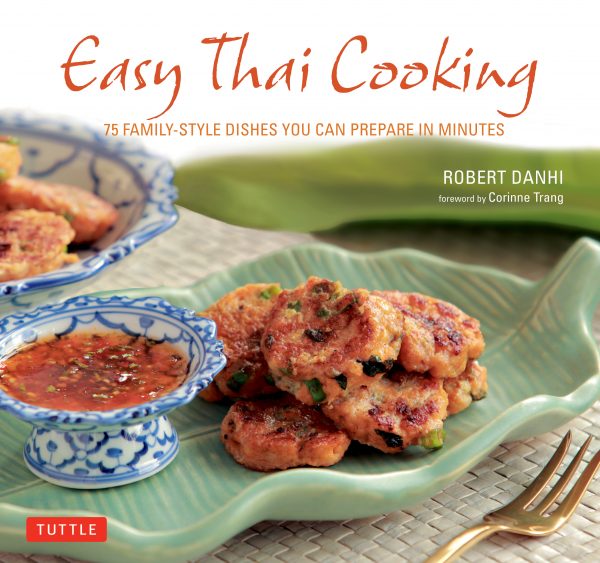
Source: Amazon
So sure, the Internet can only broaden our horizons. But that innate human desire to own, hold, and treasure actual written text will never fade.
YouTube Channel: How To Cook That
Featured image via Pixabay



